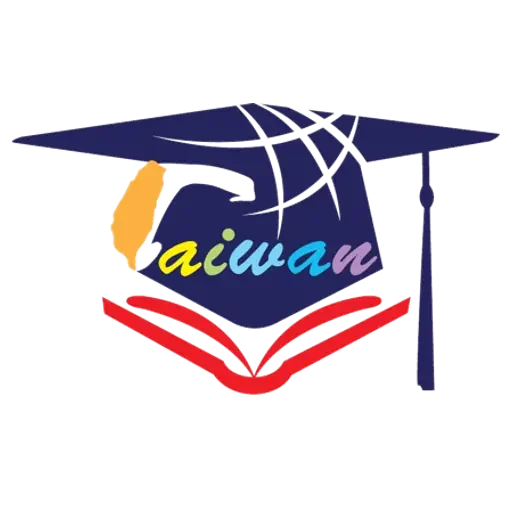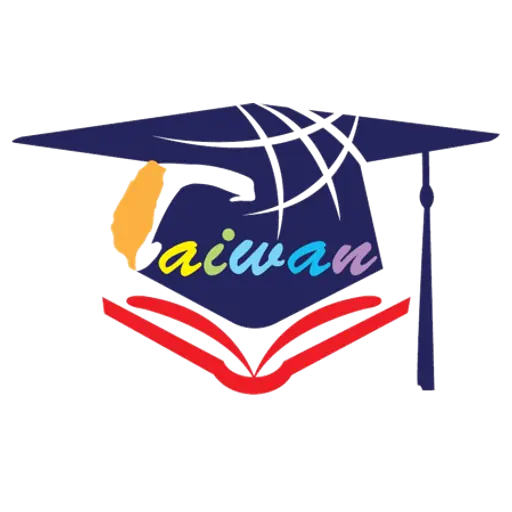What are the major departments in Taiwan?
How do I apply for my favorite major department?
Taiwan has the most booming higher education in Asia, and you can also make full use of resources for cross-field learning to enhance your future development and competitiveness.
Category of higher education institutions in Taiwan
- General universities: enrolling high school (Form 6) graduates for four years; Some schools have five years for architecture and six years for medicine, dentistry, veterinary medicine and pharmacy.
- Science and technology universities: four-year system, mainly recruiting high school (Form 6) graduates; Some universities of science and technology admit graduates of two-year related departments (associate degree or advanced diploma) for two years.
- Master's program of the Institute: Recruits graduates of universities and colleges for one to four years.
- Doctoral program of the Institute: Applicants with a master's degree or a bachelor's degree in medicine with more than two years of medical professional training are enrolled, and the study period is two to seven years.
Featured courses
In addition to traditional courses, Taiwan has taken into account international trends and major policy developments, and emphasized cross-field, implementing new learning methods such as ex-local teaching, multimedia teaching materials, technology integration, and dual degrees, and has opened many special courses, welcoming overseas Chinese students, Hong Kong and Macao students to choose to study, chase their dreams, and find a stage to show themselves.
Industry-university cooperation or student-employment integration system
One of the aims of education is to enable students to acquire the knowledge and skills needed to enter the job market and maintain their jobs, through the "industry-university cooperation" or "learning-employment integration system", on the one hand, to cultivate professional and technical talents for the industry, cultivate pragmatic talents in the way of "learning by doing" and "learning by doing", and on the other hand, make full use of the resources of schools and the industry to jointly research and develop new products and technologies, so as to strengthen the competitiveness of the industry, optimize the campus entrepreneurial environment, and promote teachers and students to develop derivative start-up companies. hair
Class groups and study groups of departments of National Taiwan University
Class groups of departments
In order to help students understand and choose university departments, the academic community uses a set of classification systems to roughly divide the disciplines of universities into three categories.
- The first category: literature, history and philosophy, foreign languages, law and politics, society and psychology, mass communication, art, education, finance and economics, management, etc.
- The second group: mathematical chemistry, engineering, information, earth and environment, architecture and design, etc.
- The third group: medicine and health, life sciences, biological resources, recreation and sports, etc.
Eighteen university clusters
There is a context to the correlation between departments. Taiwanese Ministry of Education Analyzing the content of university departments, according to the important knowledge, subjects, interests, future professional development and other factors, similar departments are grouped into one academic group, and similar academic categories form a school group, with a total of 18 academic groups.
How to apply to universities in Taiwan
Individual application
Principle of intent
- Emphasize students' learning potential
- Provide students with opportunities for adaptive learning
- Students enter the ideal department through multiple channels.
Who it applies to
- Special performance during the school year (cadres, clubs, competitions)
- Excellent grades in technical subjects (e.g. music, art, physical education)
- Recommendation from the division (letter of recommendation, certificate)
Optional Aspirations
Optional aspirations may be made without categorized groups
Number of aspirations
4 pcs
Registration time
From November every year
Federated distribution
Principle of intent
- Focus on intellectual performance
- Fair and open admission standards
- Standardized entrance examination with indicators
Who it applies to
- There is no supporting information for special performance
- Learning outcomes are presented in test scores
Optional Aspirations
The second and third groups may choose to aspirations across categories
Number of aspirations
70 個
Registration time
According to the provisions of each echelon

